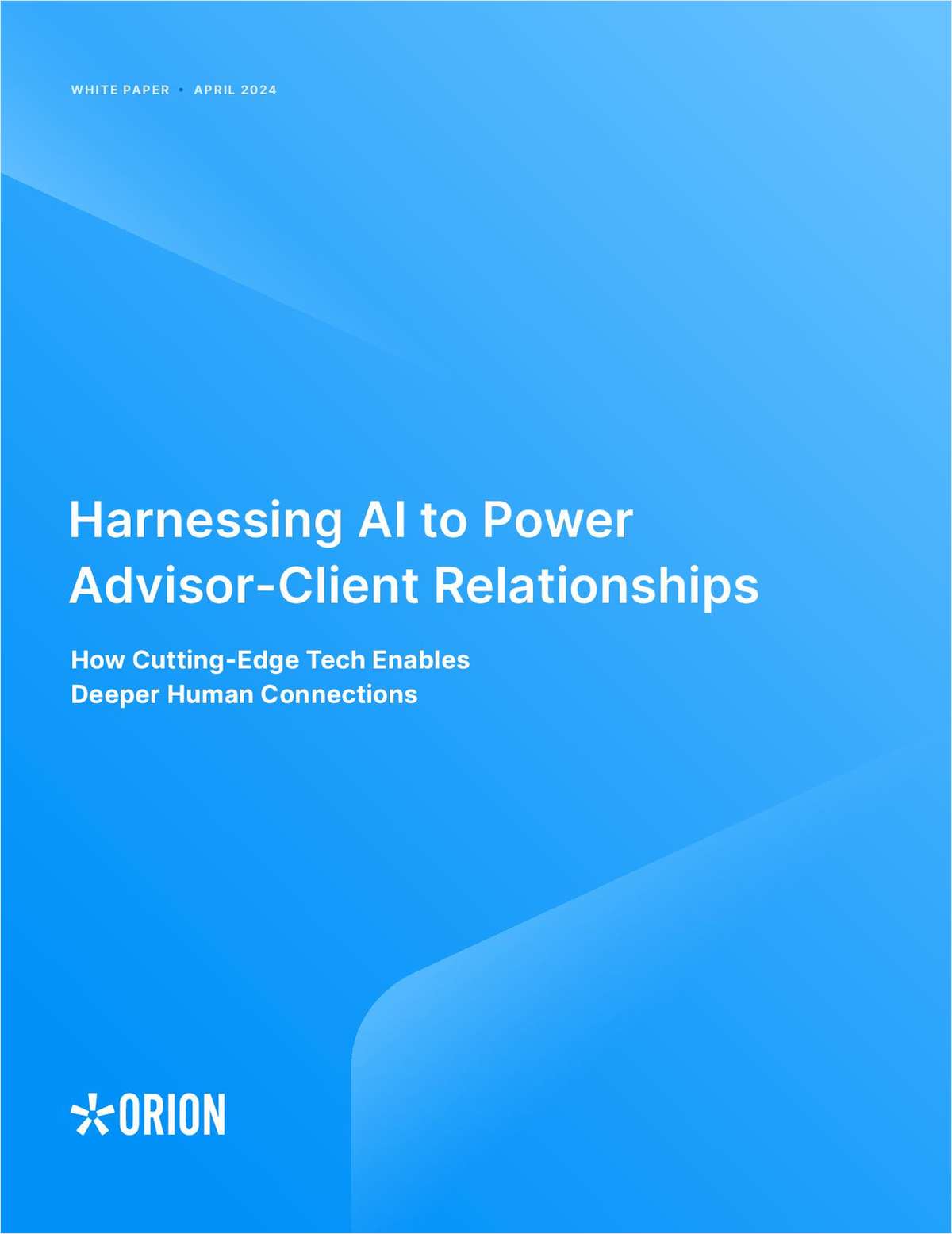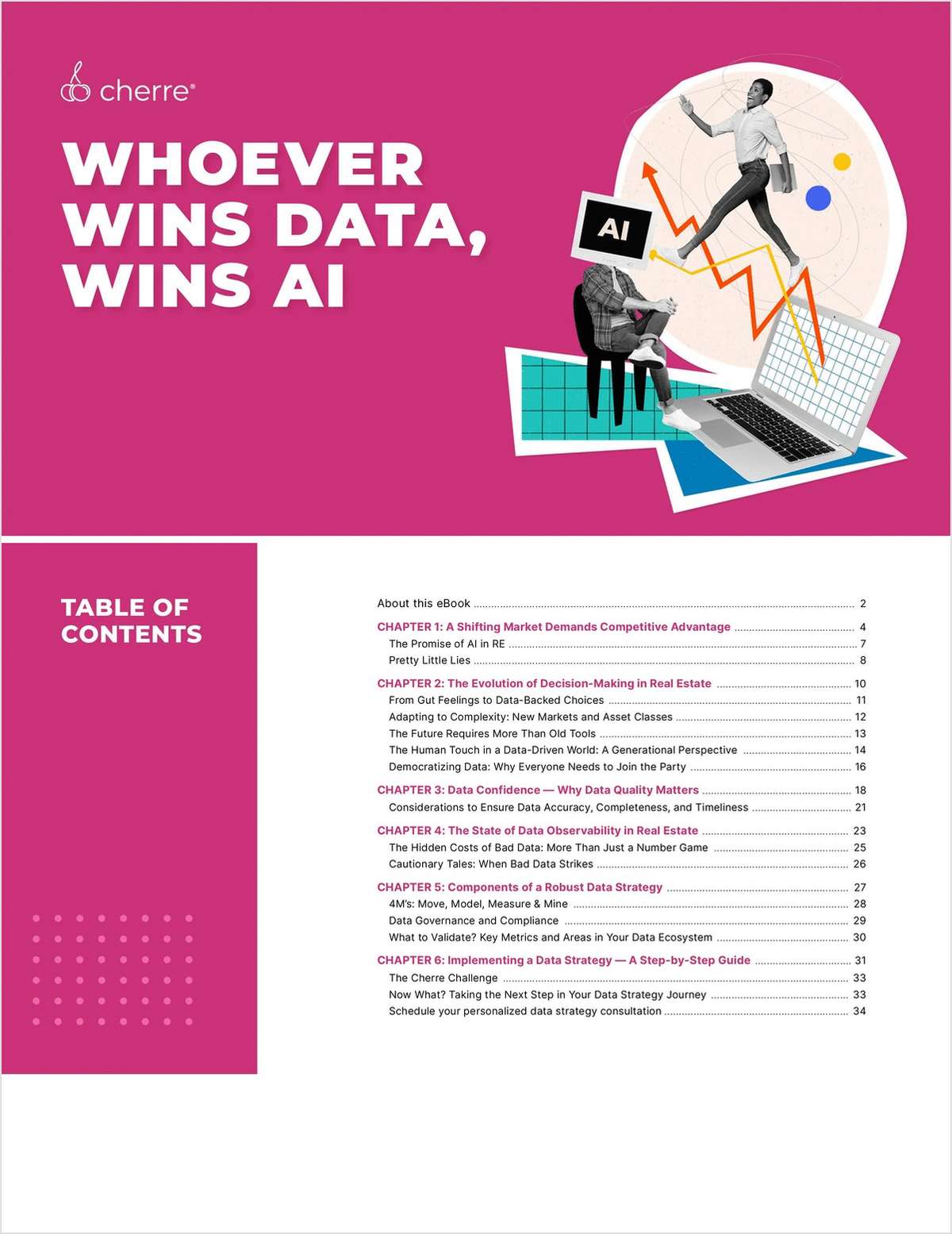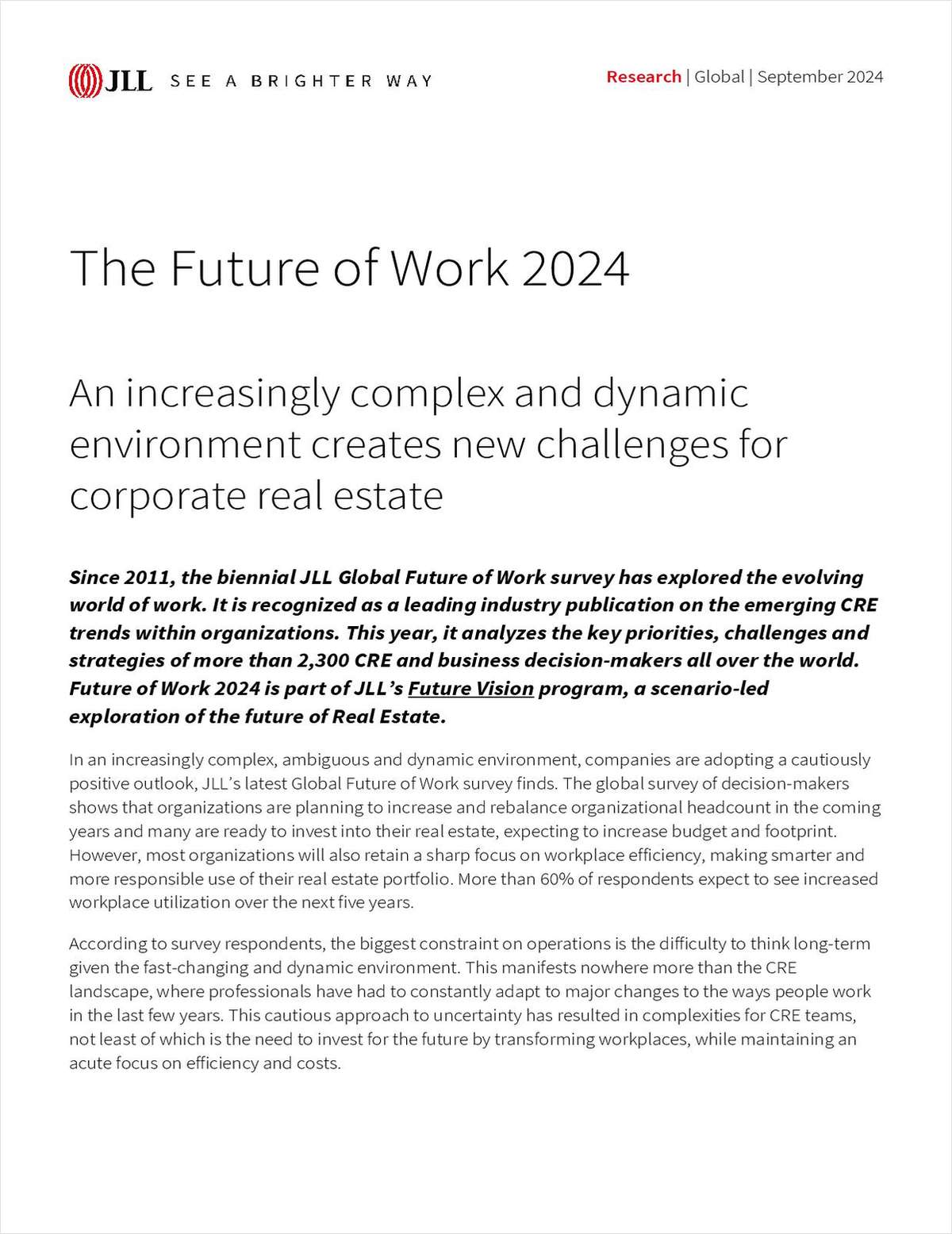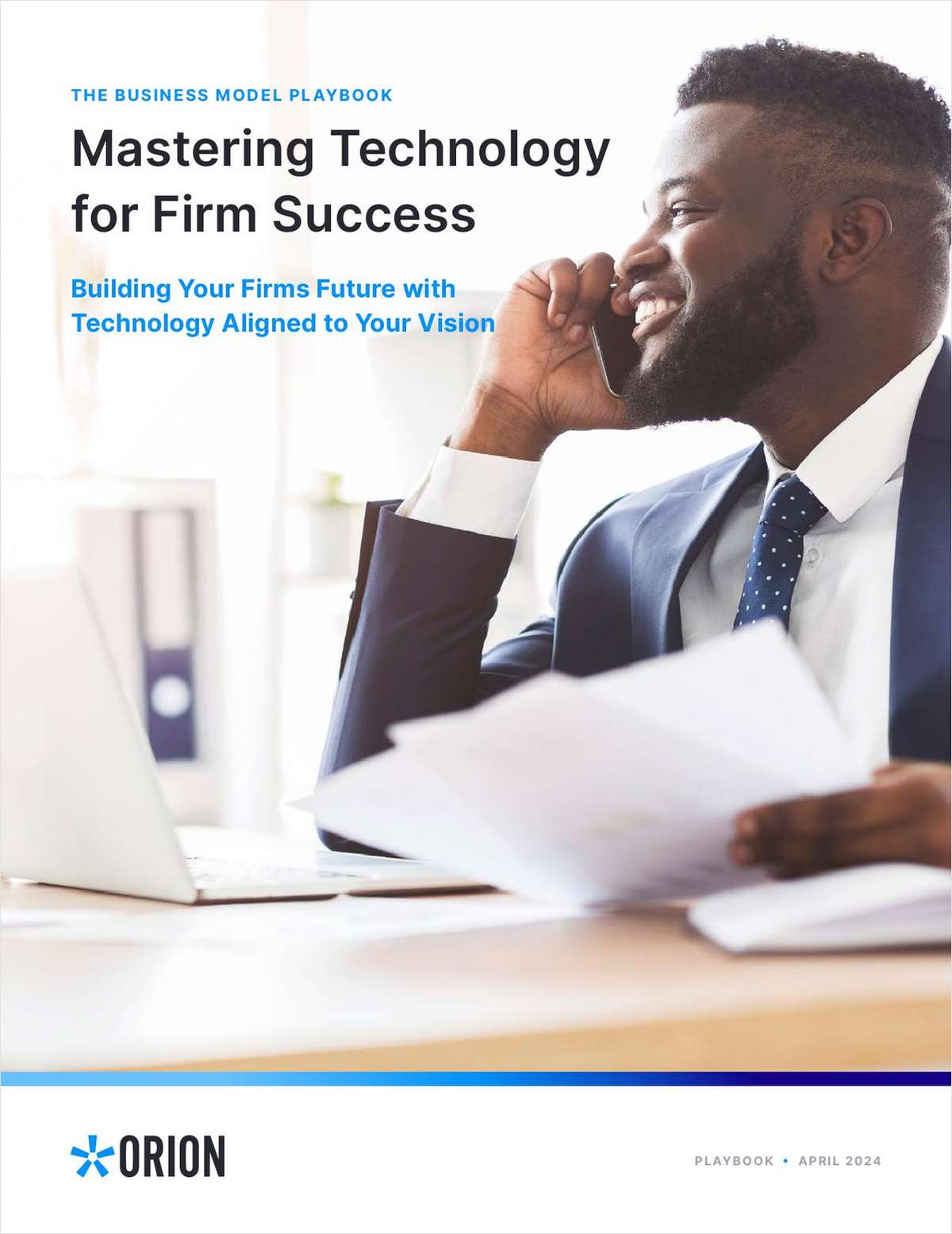 Connecticut Supreme Court in Hartford. (Courtesy photo)
Connecticut Supreme Court in Hartford. (Courtesy photo)Connecticut Supreme Court Has Full Docket as It Prepares for First Session in September
The Connecticut Supreme Court will hear a wide range of issues from child custody to workers' compensation claims when it opens its first session of the season in 12 days.
August 29, 2018 at 01:11 PM
5 minute read
From legal questions regarding visitation with a minor to whether heart and hypertension benefits can pass to a deceased employee's estate, the Connecticut Supreme Court will wrestle with 19 cases during its first session of the season.
The court's first of eights terms of the season runs from Sept. 10 through Sept. 20. The court will hear oral arguments in 19 cases during that time frame.
The Connecticut Law Tribune breaks down the more notable cases.
Diane Boisvert et al v. James Gavis
The state's high court will hear arguments on whether the father of a minor can bar the child's maternal grandparents and aunt from having visitation privileges. The child's mother is deceased and the grandparents sought, through the court, visitation rights, which were granted.
According to the Supreme Court, the trial court granted visitation rights to the grandparents because “there was clear and convincing evidence that a parent-like relationship existed between the plaintiffs (grandparents Diane and Thomas Boisvert) and the child and the denial of visitation would cause the child real and significant harm.”
The father did not want the child's aunt to have visitation rights and is now appealing the court's ruling allowing visitation for the grandparents.
Gavis argued that Section 46b-59 of the Connecticut General Statute requires that visitation of a minor child “not override a parent's decision as to the way the child should be raised.”
Janet Brennan, Executrix of the Estate of Thomas Brennan et al v. City of Waterbury
The Supreme Court will hear oral arguments on whether heart and hypertension benefits under Section 7-433c of the Connecticut General Statutes can pass on to a deceased employee's estate. In this case, Thomas Brennan suffered a heart attack while employed as Waterbury's fire chief.
Brennan survived the heart attack, and the city was ordered to pay him benefits under the Heart and Hypertension Act. The parties attempted, unsuccessfully, to negotiate a full settlement. In the meantime, the city made two partial payments toward Brennan's permanent partial disability award. Brennan then died, and his estate was substituted as a claimant.
After hearings, the workers' compensation trial commissioner found Brennan was entitled to permanent and partial disability benefits for an 80 percent disability of the heart and that the unpaid portion of the award should be paid to his estate.
The city appealed to the Compensation Review Board, claiming the estate is not a legally qualified recipient of the funds, according to the Connecticut General Statutes. The board agreed with the city and reversed the trial commissioner's ruling. The estate then appealed.
State v. Daniel B.
The Supreme Court will hear arguments by a man, only identified in court papers as Daniel B., that his conviction of attempting to murder his wife should be overturned because “there was insufficient evidence to support his conviction.”
The case revolved around the defendant allegedly asking his friend if he knew of anyone that would murder his wife. That friend, John Evans, said he'd arrange a meeting between Daniel B. and a hit man. Evans went to the police and arranged for Daniel B.—who thought he was meeting with a hit man— to meet with a police officer.
Shortly after Daniel B. met with the police officer, he was arrested. Daniel B. appealed his conviction in court, claiming there was not enough evidence to support his conviction because the state failed to prove his conduct “constituted a substantial step in the course of conduct intended to culminate in a murder.”
The Connecticut Appellate Court disagreed and affirmed the conviction of Daniel B. In its ruling, the Appellate Court reasoned that, pursuant to the state's General Statute 53a-49, the determination of what conduct constitutes a substantial step “depends on what a defendant has already done, rather than on what remains to be done.” The Appellate Court noted that Daniel B. had indicated he wanted his wife dead, agreed to hire who he thought was a hit man to kill her, agreed to a price and provided descriptive information of his wife. His wife was not harmed. Daniel B. appealed to the Supreme Court, which agreed to take the case.
Joshua Clark et al v. Middlesex Corporation et al.
The Supreme Court will hear oral arguments on whether a deceased worker's child is eligible for survivor's benefits when the child was conceived after the date of the worker's injury.
The case stems around Joshua Clark, who was seriously injured on the job while working for Middlesex Corp. He died about 14 months later. At the time of his death, Clark's then-girlfriend, Courtney Clark, was pregnant with his son. The boy was born several months after Clark died.
Courtney Clark sought workers' compensation survivor's benefits on behalf of herself and her son, pursuant to Connecticut General Statutes 31-306. The workers' compensation trial commissioner ruled that. while Clark was entitled to survivor's benefit, her child was not, because the child had not been born when the injury occurred.
Clark appealed to the Compensation Review Board, which agreed with the workers' compensation trial commissioner. Clark then appealed to the Connecticut Supreme Court, which agreed to take the case. The high court will decide whether a child conceived after a worker's injury and born after that person's death is eligible for survivor's benefits.
This content has been archived. It is available through our partners, LexisNexis® and Bloomberg Law.
To view this content, please continue to their sites.
Not a Lexis Subscriber?
Subscribe Now
Not a Bloomberg Law Subscriber?
Subscribe Now
NOT FOR REPRINT
© 2024 ALM Global, LLC, All Rights Reserved. Request academic re-use from www.copyright.com. All other uses, submit a request to [email protected]. For more information visit Asset & Logo Licensing.
You Might Like
View All
Read the Document: 'Google Must Divest Chrome,' DOJ Says, Proposing Remedies in Search Monopoly Case
3 minute read
Apple Asks Judge to 'Follow the Majority Practice' in Dismissing Patent Dispute Over Night Vision Technology

'Don't Be Afraid to Dumb It Down': Top Fed Magistrate Judge Gives Tips on Explaining Complex Discovery Disputes

State High Court Adopts Modern Standard for Who Keeps $70K Engagement Ring After Breakup
Trending Stories
- 1Outgoing USPTO Director Kathi Vidal: ‘We All Want the Country to Be in a Better Place’
- 2Supreme Court Will Review Constitutionality Of FCC's Universal Service Fund
- 3'It Refreshes Me': King & Spalding Privacy Leader Doubles as Equestrian Champ
- 4Class Action Filed Against Houston Health Savings Account Firm for Allegedly Confiscating Client Funds
- 5These 2 Lawyers Just Became Florida Judges
Who Got The Work
Michael G. Bongiorno, Andrew Scott Dulberg and Elizabeth E. Driscoll from Wilmer Cutler Pickering Hale and Dorr have stepped in to represent Symbotic Inc., an A.I.-enabled technology platform that focuses on increasing supply chain efficiency, and other defendants in a pending shareholder derivative lawsuit. The case, filed Oct. 2 in Massachusetts District Court by the Brown Law Firm on behalf of Stephen Austen, accuses certain officers and directors of misleading investors in regard to Symbotic's potential for margin growth by failing to disclose that the company was not equipped to timely deploy its systems or manage expenses through project delays. The case, assigned to U.S. District Judge Nathaniel M. Gorton, is 1:24-cv-12522, Austen v. Cohen et al.
Who Got The Work
Edmund Polubinski and Marie Killmond of Davis Polk & Wardwell have entered appearances for data platform software development company MongoDB and other defendants in a pending shareholder derivative lawsuit. The action, filed Oct. 7 in New York Southern District Court by the Brown Law Firm, accuses the company's directors and/or officers of falsely expressing confidence in the company’s restructuring of its sales incentive plan and downplaying the severity of decreases in its upfront commitments. The case is 1:24-cv-07594, Roy v. Ittycheria et al.
Who Got The Work
Amy O. Bruchs and Kurt F. Ellison of Michael Best & Friedrich have entered appearances for Epic Systems Corp. in a pending employment discrimination lawsuit. The suit was filed Sept. 7 in Wisconsin Western District Court by Levine Eisberner LLC and Siri & Glimstad on behalf of a project manager who claims that he was wrongfully terminated after applying for a religious exemption to the defendant's COVID-19 vaccine mandate. The case, assigned to U.S. Magistrate Judge Anita Marie Boor, is 3:24-cv-00630, Secker, Nathan v. Epic Systems Corporation.
Who Got The Work
David X. Sullivan, Thomas J. Finn and Gregory A. Hall from McCarter & English have entered appearances for Sunrun Installation Services in a pending civil rights lawsuit. The complaint was filed Sept. 4 in Connecticut District Court by attorney Robert M. Berke on behalf of former employee George Edward Steins, who was arrested and charged with employing an unregistered home improvement salesperson. The complaint alleges that had Sunrun informed the Connecticut Department of Consumer Protection that the plaintiff's employment had ended in 2017 and that he no longer held Sunrun's home improvement contractor license, he would not have been hit with charges, which were dismissed in May 2024. The case, assigned to U.S. District Judge Jeffrey A. Meyer, is 3:24-cv-01423, Steins v. Sunrun, Inc. et al.
Who Got The Work
Greenberg Traurig shareholder Joshua L. Raskin has entered an appearance for boohoo.com UK Ltd. in a pending patent infringement lawsuit. The suit, filed Sept. 3 in Texas Eastern District Court by Rozier Hardt McDonough on behalf of Alto Dynamics, asserts five patents related to an online shopping platform. The case, assigned to U.S. District Judge Rodney Gilstrap, is 2:24-cv-00719, Alto Dynamics, LLC v. boohoo.com UK Limited.
Featured Firms
Law Offices of Gary Martin Hays & Associates, P.C.
(470) 294-1674
Law Offices of Mark E. Salomone
(857) 444-6468
Smith & Hassler
(713) 739-1250










